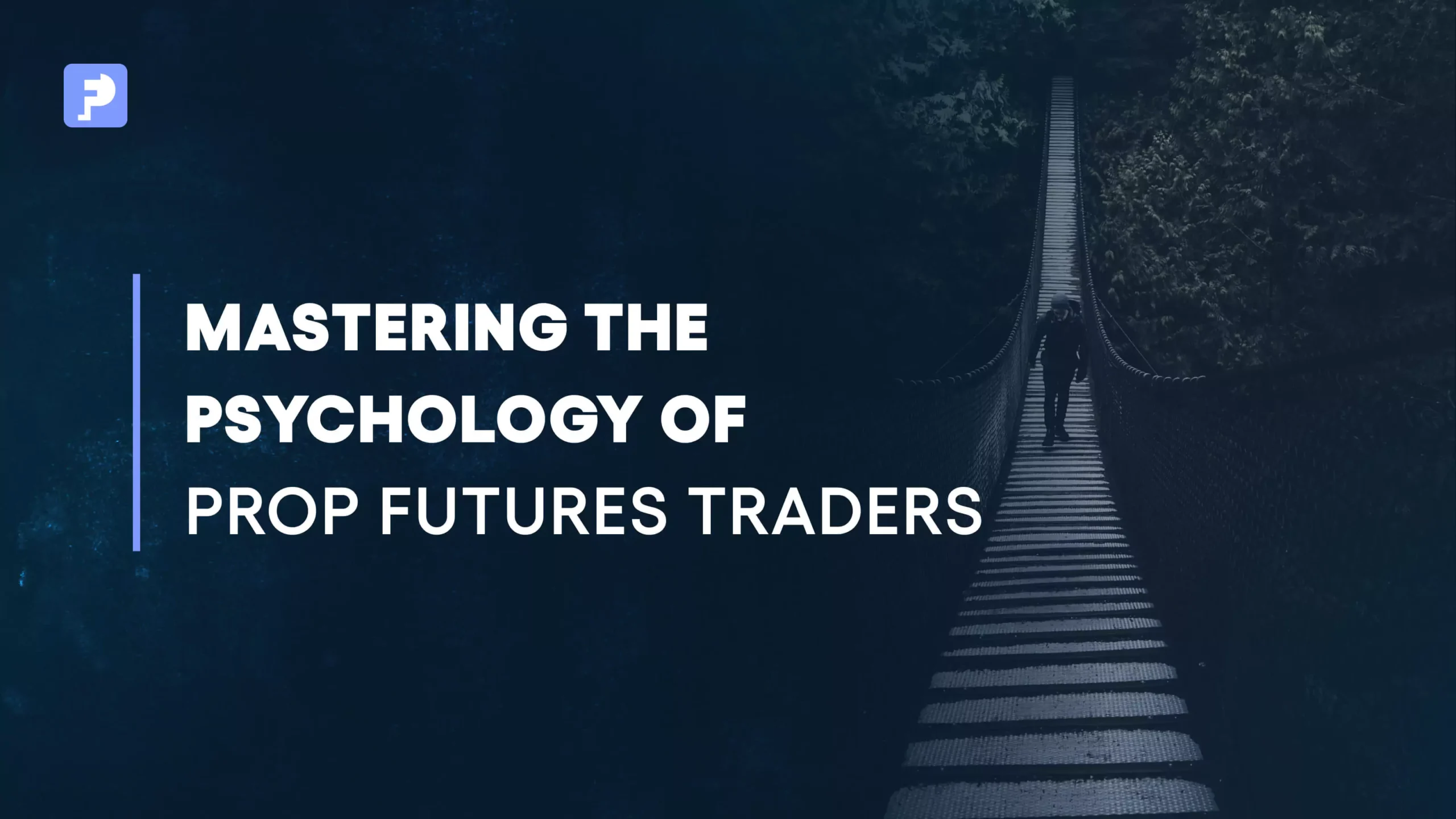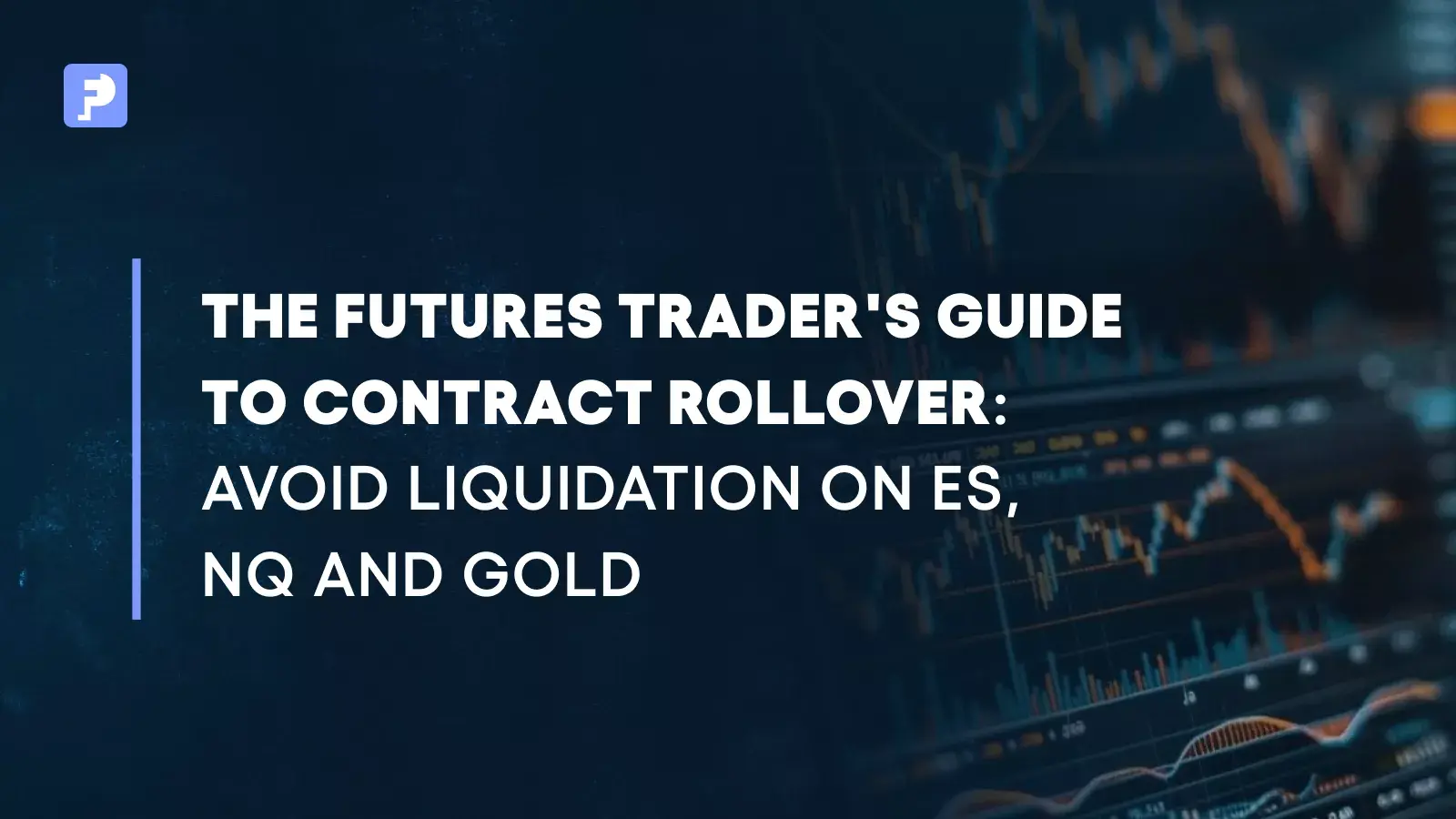
Mastering the Psychology of Funded Futures Trading
Introduction
Trading futures with a funded account is not just about technical execution. It is about mental resilience. The psychology of trading under pressure when stakes become tangible and rules are non-negotiable can sharpen your performance or undermine it entirely.
At FunderPro Futures, we have seen traders with technically sound strategies lose funding because they could not manage their emotions. We have also seen consistent, long-term success from traders who mastered their mindset, even with straightforward setups.
This article explains what separates disciplined, funded traders from impulsive ones and offers practical techniques to help you stay focused, recover from losses, and execute with confidence. If you are still building your foundation, read Common Mistakes Traders Make in Funded Futures Accounts before starting your mindset training.
Why Psychology Matters More in Prop Trading
Proprietary futures trading brings unique pressures. You are working with capital provided by the firm, subject to strict rules such as daily and maximum drawdown limits, trading hours, and scaling milestones. For example, FunderPro’s evaluation process includes a 6% profit target in Stage 1, 4% in Stage 2, and a 6% trailing drawdown.
Every decision you make affects your funding status and professional reputation. Even experienced traders can slip into:
- Overtrading after a losing day
- Chasing profits to meet targets
- Freezing during volatile market moves
These are not technical errors; they are psychological responses. Recognising emotional patterns and building disciplined routines are essential to long-term success.
- Build a Pre-Trade Mental Routine
Your mental state before a trade can influence its outcome as much as your strategy. Trading while excited, anxious, or frustrated often leads to reactive decisions.
Pre-trade checklist:
- Review daily risk and drawdown limits
- Confirm market conditions match your setup criteria
- Assess your emotional state: calm, impatient, or rushed?
- Spend five minutes in focused breathing or quiet reflection
This habit reduces impulsive entries and keeps you aligned with your trading plan.
- Use “If–Then” Rules to Avoid Emotional Decisions
“If–then” planning removes uncertainty in high-pressure moments.
Examples:
- If I take two consecutive losses, then I pause for 30 minutes
- If price moves sharply before my setup is confirmed, then I skip the trade
- If I reach my daily profit target, then I stop trading for the session
These rules prevent revenge trading, overconfidence, and FOMO. For more on why this matters, see Understanding the Risks of Futures Prop Trading.
- Track Emotional Patterns in a Journal
Technical journals capture setups, entries, and exits. A mindset journal records the emotional context behind those trades.
Log after each session:
- Stress or impatience triggers
- Times of peak focus
- Rule adherence and any deviations
Over time, patterns emerge, allowing you to adjust your schedule and risk exposure.
- Reframe Losses as Data, Not Failure
Losses are part of futures trading; even high-probability setups will fail occasionally.
Ask after a loss:
- Did I follow my rules?
- Was the setup valid?
- Is this result within my expected probability?
This reframing keeps you objective and avoids destructive behaviour such as revenge trading.
- Stop at Peak Discipline, Not Peak Profit
Traders often overstay in the market after a winning run, chasing extra gains. This is when discipline starts to fade.
Ending your session when your decision-making is at its sharpest reinforces consistency and prevents unnecessary losses.
- Master the Strategic Break
Breaks should be proactive, not just reactive. They help maintain mental clarity and prevent burnout.
Indicators you need a break:
- Repeating the same error several days in a row
- Feeling anxious before market open
- Trading outside your normal hours
- Checking charts excessively after hours
- Use Rules as Psychological Anchors
FunderPro’s rules on drawdowns, position sizing, and permitted instruments are not only compliance requirements; they are mental guardrails.
When stress levels rise, return to these rules for structure and stability.
- Track Wins with Gratitude, Not Ego
Ego after a profitable streak can lead to overconfidence and risky behaviour. Gratitude keeps you grounded and focused on process over outcome.
Post-win reflection:
- Which decisions protected my account?
- What process elements would I repeat exactly?
This helps replicate success without inflating risk appetite.
Final Thoughts
In funded futures trading, mindset is as valuable as technical skill. Markets are unpredictable, and firm rules are fixed. Your ability to stay disciplined, emotionally stable, and process-driven will define your career longevity.
Mindset is your most valuable asset. Protect it as carefully as you protect your capital.
Risk Disclaimer: Futures trading involves substantial risk and may not be suitable for all investors. Past performance does not guarantee future results.
Start your FunderPro Futures Challenge today to strengthen your discipline, trade with structure, and access funding up to $200,000 with competitive profit splits.
All trading in FunderPro Futures takes place in a demo-style environment and in off-exchange futures.



